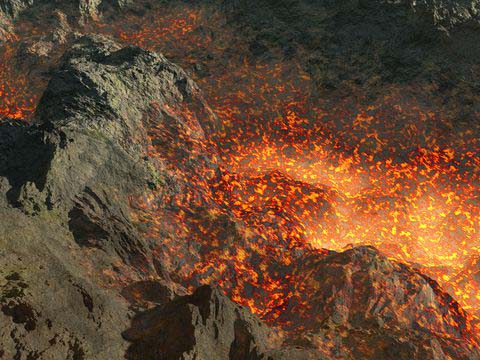Help for Anxiety in Major Life Transitions: Rage

You or I might find that major life transitions can lead to intense rage; and, oddly enough, we might also find that the need to deal with our rage is closely related to our need for help for anxiety.

Rage isn’t a popular emotion, nor an emotion that many people feel comfortable with admitting that they have. How do we deal with it, if we find it accompanying major life transitions?
1. Hard to Acknowledge
Rage has a very bad reputation. In some ways, it’s deserved, but therapists sometimes make a serious mistake when it comes to rage. So often, it gets associated with immaturity — even by therapists, who sometimes describe adults’ rage as “having a tantrum.” In my opinion, such language is not useful, and offers little help for anxiety associated with latent rage. The raw power of rage deserves more respect than that.
It can be hard to acknowledge our rage, because we’d have to own the vulnerability underlying it: pain so intense that we feel rage about it.
There are people who are rage-o-holics — who rage because they are addicted to the feeling of power in rage. But there are also people who experience rage because they have been outraged.
2. Major Life Transitions Can Foster Rage
Clearly, some major life transitions don’t trigger rage. Equally clearly, some do. Consider the person who is laid off unexpectedly with insufficient benefits after many years of loyal service to an employer. Or, a devoted spouse who comes to divorce counselling as a result of suddenly discovering that a partner is killing the marriage after years of deception about infidelities.
3. Feeling Totally Justified — & Making Huge Mistakes
The big trouble with rage is it produces a state of God-like inflation — and God-like self-righteousness.
In such a state, I can feel that whatever I do is justified. Consider the tale told by Buffy St. Marie, in the song “Smackwater Jack” — a grim, ironic tale of two states of rage, that seem like opposites, but that share a sense of out-of-proportion moral justification.
Such attitudes may have had survival value at a an earlier evolutionary stage — but not now. As individuals, we can’t violently act out our rage anymore.
That can be a problem — because the feelings are so intense!
4. Yes, but What Do I Do About It?
A rage state must be made conscious, and acknowledged. Whether help for anxiety is effective often hinges on realizing the incredible intensity of what is there boiling below the surface.
Equally essential is not letting the rage or anger own you. It’s vital to get some conscious distance from the rage, rather than being possessed by it, despite the sense of power, control and vindication that it may bring. Often in major life transitions, this means expressing the rage, and bringing its power into conscious awareness and relaionship to the ego. Often it is the journey of Jungian case studies to bring soulful handling of rage to major life transitions.
Next in series: Security
[cta]
